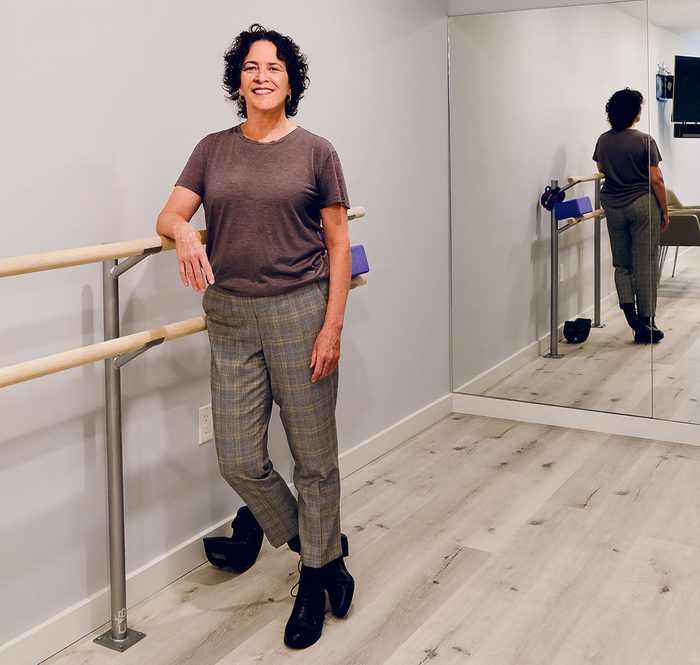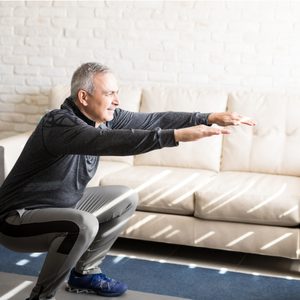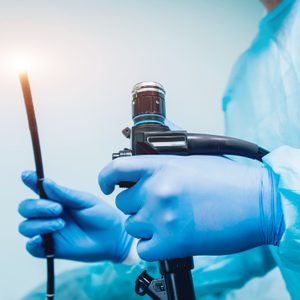This Doctor Helps Breast Cancer Patients Prepare For Treatment

Thousands of women are diagnosed with breast cancer every year. Ontario doctor Annette Richard is on a mission to improve their care.
Earlier this year, Chetna Bhatt, a 55-year-old information manager in London, Ontario, received a diagnosis of triple-negative breast cancer—a rare form of the disease that doesn’t respond to typical treatment. She had plenty of questions and even more fears. When she visited her family doctor, she found him to be less than helpful, even dismissive. An acquaintance suggested she contact Annette Richard, a local GP with a national reputation for helping women with breast cancer prepare for one of the most trying ordeals of their lives.
Richard, who is 59 years old, traces her start as a breast-cancer guru to the moment she learned, while training in palliative care, that a typical mastectomy is a day procedure. The thought chilled her—similarly invasive surgeries, including for prostate cancer, require significantly longer stays. “A woman would come in after breakfast and go home for lunch without a breast,” she says. “It just seemed wrong to me.”
So Richard did something few doctors bother to do: she asked women how they felt about it. In addition to interviewing patients, she scrubbed into mastectomy surgeries, reviewed abnormal findings and sat in on callbacks after mammography tests. Her discoveries were discouraging. Of all cancers, breast cancer is the most common one among women. In 2019 alone, an estimated 26,900 Canadian women were diagnosed. Richard was struck at how inadequate the system was when it came to supporting women through this all-too common disease.
While she may not have been able to change the hospital turnaround time for mastectomies, Richard could at least better prepare women for surgery and how their bodies would heal and change. She founded FACE IT (the acronym stands for focused anxiety-reducing community-based empowering individual teaching), and started making house calls with a rigged-up CPR model. Using skin-like material to mimic an after-mastectomy torso, Richard carefully walked women and their partners through the procedure.
Today, Richard relies on an anatomy app that doctors and medical students typically use for things like bone mapping and surgical planning. The app allows her to provide breast-cancer patients with a 3D structure of the mastectomy site. Women can review the details whenever they want and, importantly, adjust to the idea of their new body, mitigating the “reveal” on their own time. “My mission,” Richard says, “is coming up with ways to put power and knowledge in the patient’s hands.”
In the months after Bhatt reached out, Richard gave her advice and support on matters big (a home visit during the height of COVID-19 to help Bhatt administer a post-radiation injection) and small (recommending an affordable numbing cream for the painful biopsy procedure). Bhatt has since met many other breast-cancer patients, including several who received chemotherapy alongside her. The difference in care wasn’t lost on her. “She’s been there, literally holding my hand, through everything,” Bhatt says. “There should be more women like Dr. Richard helping women through this scary journey.”
Richard has now coached and cared for hundreds of women. What would make her happiest is if her approach became the norm. In her view, all women deserve holistic, interconnected care, whether it’s prepping for surgery, taking extra time for radiation treatments, or helping them decide on nipple reconstruction. It’s something any doctor can do; all it takes is a new mindset. “Because really,” she says, “cancer and bad care can both seriously wreck somebody’s life.”
Next, find out five ways to reduce your risk for breast cancer.






